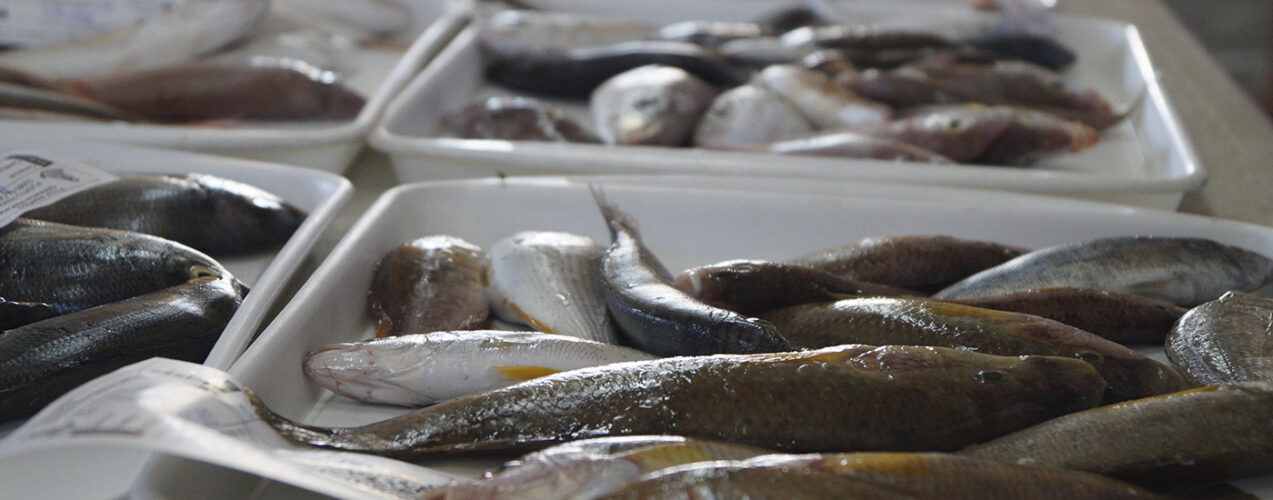
- Fecha 2010 - 2021
- Organismo financiador Ministry of Agriculture, Fishing and Food through Next Generation funds under the the Recovery, Transformation and Resilience Plan
Resumen
A team from the Universitat Politècnica de València (UPV) led by Paloma Herreraon Campus Gandia, with the collaboration of researchers from five other Spanish universities working on the Digipesca Project, has created a new and powerful resource in the form of a database that will help the scientific community to study and understand seafood extraction and marketing.
The project is funded by the Ministry of Agriculture, Fishing and Food through Next Generation funds under the the Recovery, Transformation and Resilience Plan.

In particular, they have generated a set of 12 databases that each present some 400,000 variables related to sales made in the fish exchanges from 2010 to 2021 in the Spanish Mediterranean Sea, as wll as the Atlantic Ocean that bathes Andalusia. Using different regional databases, they have managed to compile a total of nearly 5 million data on the species sold in the different fishing ports: quantity, average price and turnover of each of the species per market and month over twelve years.

The goal is for this compilation to provide support to future research work that takes into account the fluctuation of quantities and prices of landed fish to design or select the best purchasing and selling strategies that improve the sustainability of fishing activity. This is a large database that will be useful from a social and economic perspective, but also biologically as it also provide information on the availability and rate of extraction of commercial species.
The databases, which are uploaded to the Institutional Repository of the Universitat Politècnica de València, RiuNet, and are available on the Digipesca website, are free to use and access.
In the same line of work, the DIGIPESCA project is working on the development of Artificial Intelligence applications in order to improve marketing processes in fish exchanges.


Source: Source: Laida Frasquet Pascual, journalist from the Communication Department of the UPV and the Digipesca Communication Project.
